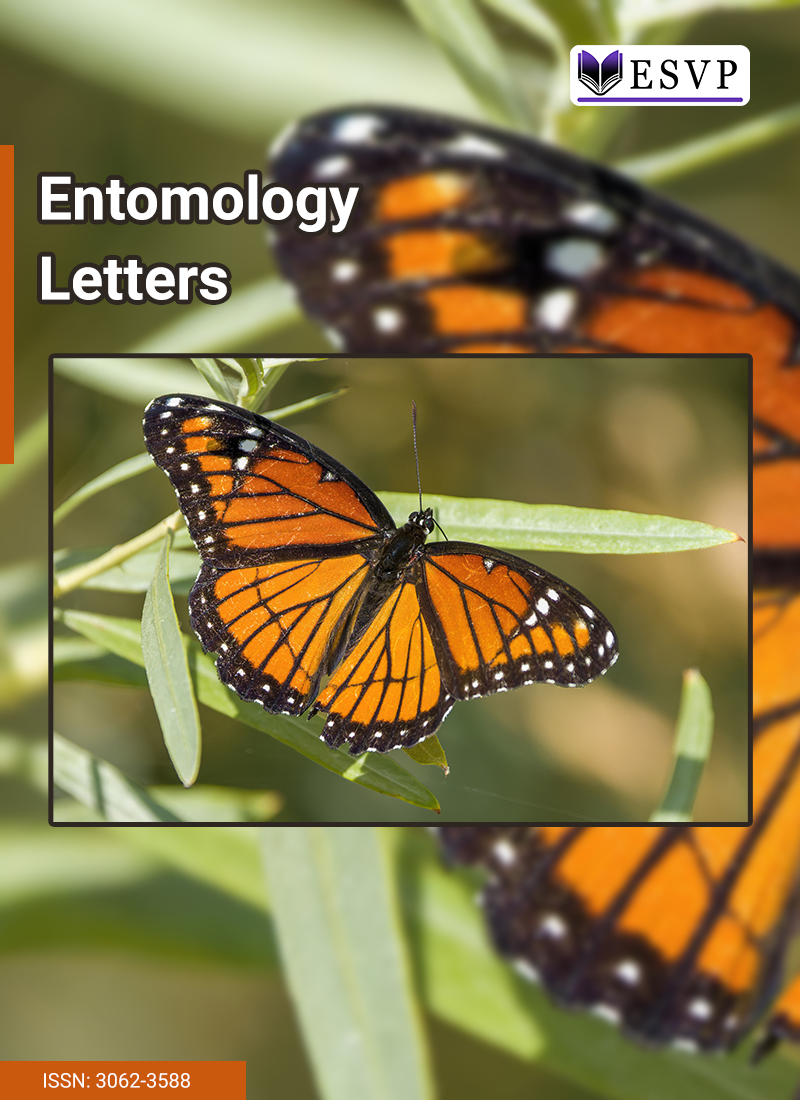
The overuse of synthetic pesticides in agricultural environments has caused numerous issues, including insect resistance and environmental contamination. As a result, research has increasingly turned toward plants with insect-repellent properties. This study aimed to evaluate the insecticidal potential of different extracts of Ocimum gratissimum L. (crude extract, extract fractions, and essential oil) against Nasutitermes termites that damage cocoa crops. The crude extracts were prepared by macerating dried leaf powder, the fractions were derived from the hydro-ethanolic extract, and the essential oil was extracted through hydrodistillation. All tests were performed in the Animal Biology Laboratory at Félix Houphouët-Boigny University and repeated four times. In each trial, 50 worker termites were placed in Petri dishes and exposed to different doses of the extracts, with the effects compared to a control group. The results showed that after three hours of exposure, all concentrations of the extracts caused 100% mortality in the termites. This high level of toxicity is likely due to the monoterpenes, which make up 80% of the extract. However, when used in fumigation, the essential oil was effective only at higher concentrations (5 and 10 mg/l). Among the various extracts, only the acetate fraction showed toxicity, although it required 48 hours to take effect at high concentrations.